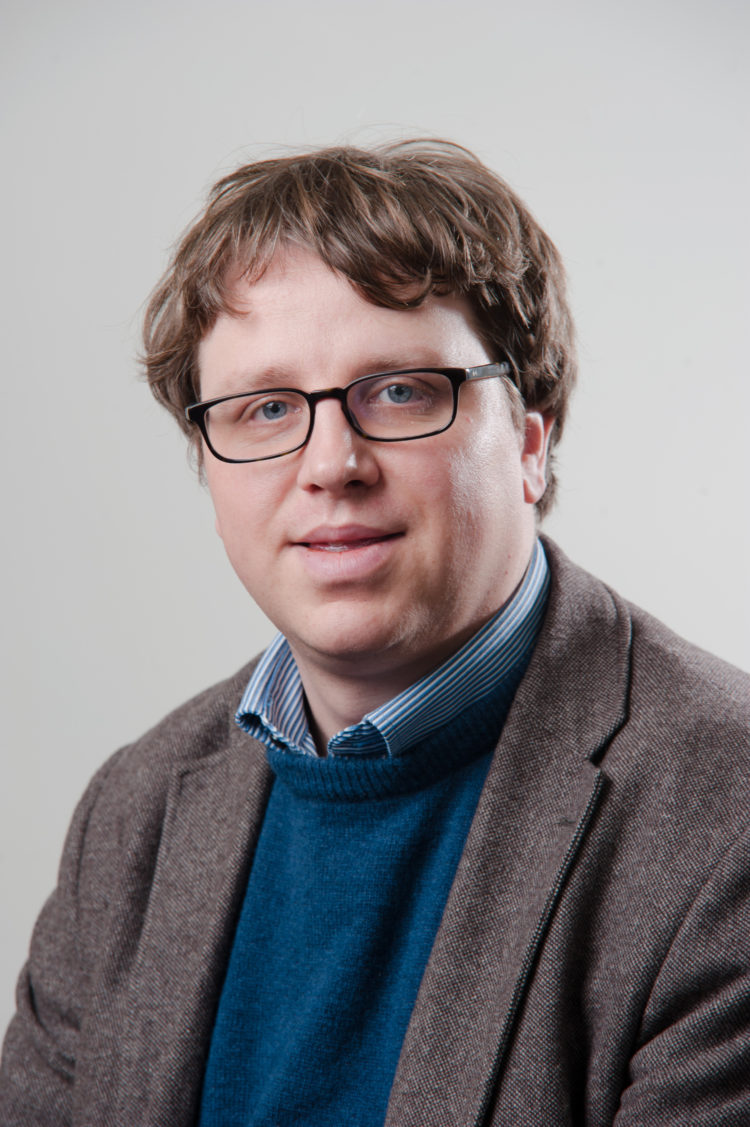Blog: Perspectives of Holocaust Memorial Day
Date 22.01.2019
22.01.2019
Dr Paul Jackson, Senior Lecturer in History and expert in far-right extremism at the University of Northampton shares his thoughts on Holocaust Memorial Day and the need to continue to look to our history to help us consider how hatred and intolerance of others has taken many forms, and is still with us.
Holocaust Memorial Day, which is marked on 27 January, has become a central fixture of the ways many people learn about the Holocaust. Holocaust Memorial Day, supported by the Holocaust Memorial Day Trust who create a wide range of resources, helps schools, universities and community groups draw attention to the suffering experienced by Jewish people, and many others, during the Nazi era. Though focused on the past, Holocaust Memorial Day also encourages us all to think more deeply about the present day.
So, why not come along and join us, on Wednesday 23 January 2019, as we mark Holocaust Memorial Day for the first time at the Waterside Campus, it’s a free event, which is open to everyone.
Some may argue that the very idea of Holocaust Memorial Day is deeply problematic. By remembering the Holocaust, don’t we forget other examples of genocide, mass atrocity and death? Why do we ‘remember’ the Holocaust, yet not the Holodomor in the Soviet Union, or Mao’s Great Leap Forwards?
There are also limits to what can be communicated about the history of the Holocaust by HMD events. The Holocaust was a vast, complex series of developments that spread across Europe over a number of years. As someone who teaches this history, I find explaining the many dimensions of this story incredibly difficult on year-long degree module, and certainly all this cannot be covered on a single day.
Another issue here is the news stories generated by reactions to the event that ultimately distract from the deeper aims of Holocaust Memorial Day. For example, in 2017 Donald Trump’s formal Holocaust Memorial Day message, his first as President of the USA, somehow failed to mention Jewish people at all, leading to much criticism from groups such as the Anti-Defamation League. Trump’s defenders, such as Fred Brown of the Republican Jewish Coalition, also suggested that it was wrong for people to criticise Trump, and were using the issue to make partisan, anti-Trump points.
At the University of Northampton, we have marked Holocaust Memorial Day for many years. Each January we put on free talks and other activities for students, staff and the wider community that we hope will simply foster a better awareness of Nazi genocide as well as many wider issues. As an organiser, I always worry about setting the right tone, but we have always tried to strike a balance between thinking about the Nazi past, and engaging with some broader issues that this tragic episode in history highlights.
In past years, we have had talks from survivors, who have captivated audiences in ways no one else can. We have also hosted leading experts including Tom Lawson, who used the event to remind us of Britain’s colonial past, and its own genocides. Another expert to come to one of our events was Dan Stone, who talked about the need for historians and others to think into the minds of those who perpetrated the Holocaust, and saw genocide as desirable. We were also very lucky to host the late David Cesarani, who talked about the ways the flow of the Second World War helped to create conditions that led to Nazi mass extermination programmes.
This year we will welcome Professor Julie Gottlieb, Reader in Modern History at the University of Sheffield, who will explore “Gender and the ‘Jews’s War’: Women, Anti-Semitism, and Anti-War Campaigns in Britain, 1938 – 1940”. Kay Montero, second year History Student at the University of Northampton will share a student perspective on the Holocaust, and finally John Josephs, of the Northampton Hebrew Congregation will speak.
However we remember the Nazi past as part of Holocaust Memorial Day, is important to use the event to sharpen our awareness, and develop a better, critical, understanding of the history of extremism and the deadly violence it can licence. We should try to resist simplistic point scoring, but also take the opportunity to use HMD events as a way to consider how hatred and intolerance of others has taken many forms, and is still with us. Holocaust Memorial Day should be a time to deepen understanding on how messages of hate, and situations of extreme suffering, happened in the past, and how they continue into the present day.
This has been adapted from an earlier blog on Holocaust Memorial Day by Dr Paul Jackson.